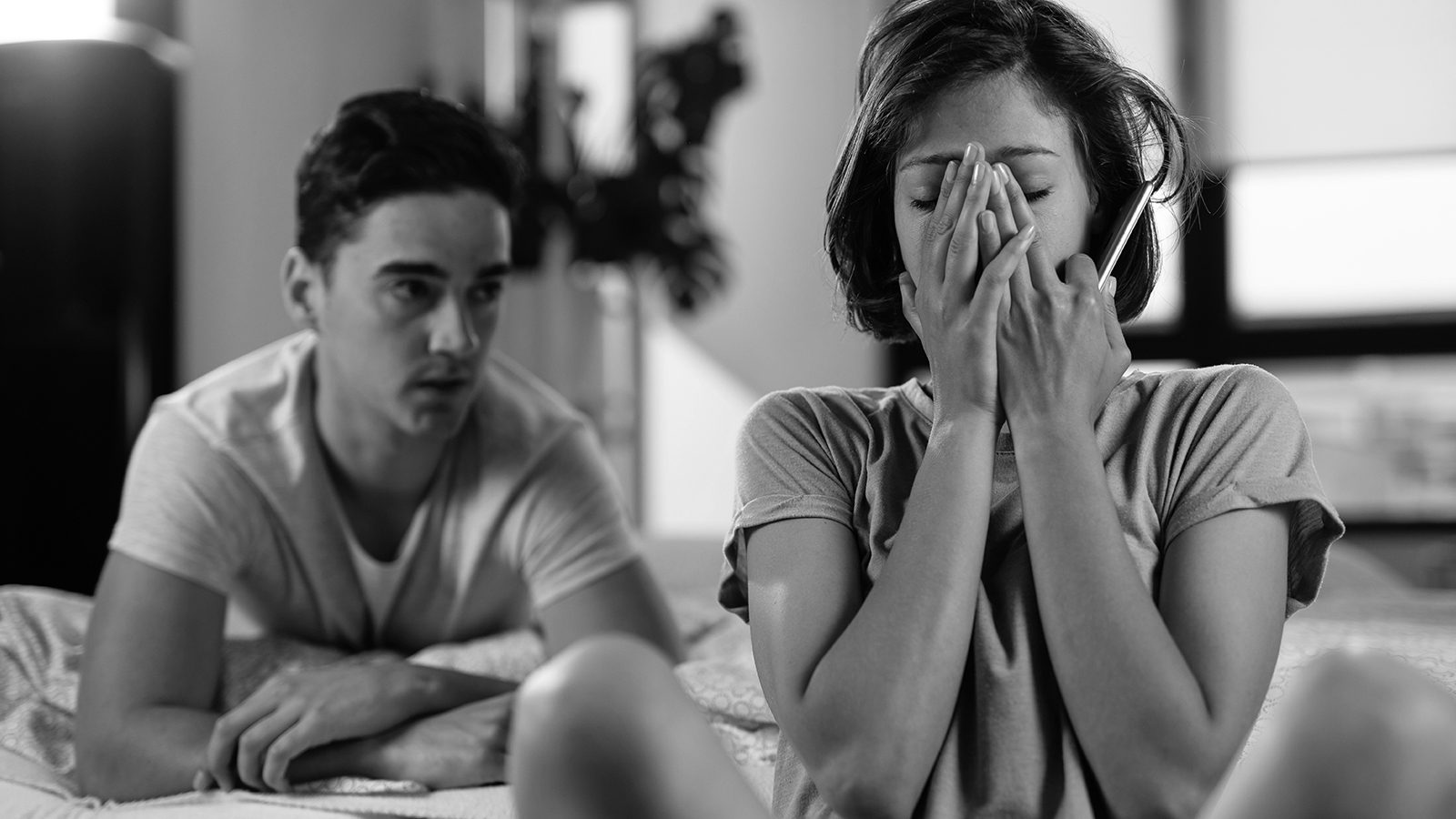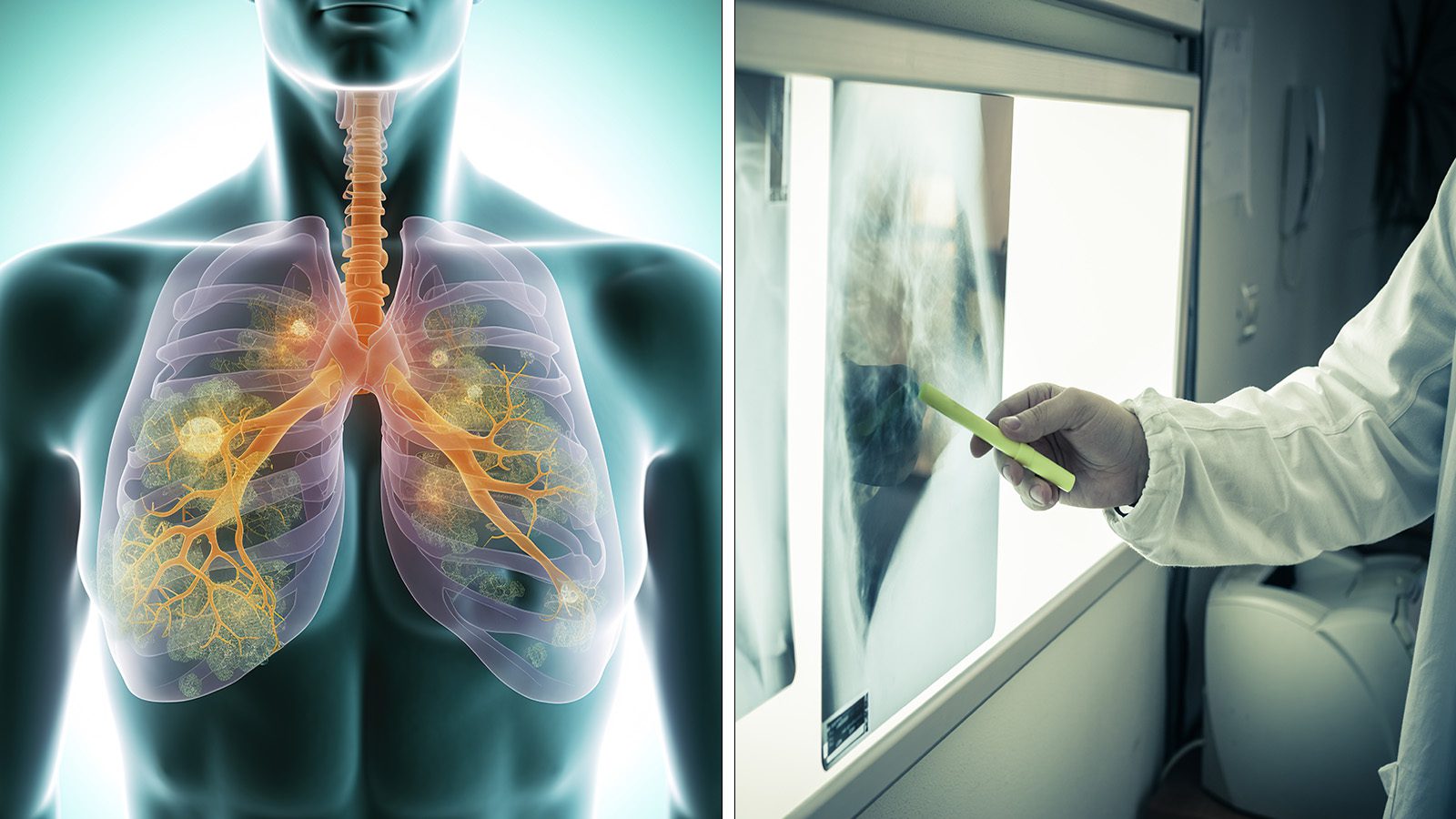Anxiety is a touchy subject that sparks serious debate. Some people believe related disorders are over-diagnosed. When considering the statistics, it is easy to see why. Nearly 50 million Americans have been diagnosed with an anxiety disorder. People who remain without diagnosis are not included in these statistics.
Other people claim these cases are rising because more things are vying for our attention. Again, we can find little to argue against this point. Many will agree we work too much, play too little, and rely on our digital devices far too often. As a result, we are overstimulated, which leads to stress and angst.
In reality, anxiety both reflects the times and serves as a normal human reaction to overstimulation. We might find it difficult to distinguish between “normal” and “abnormal” anxiety levels. To help, let’s look at potential warning signs of an anxiety disorder, according to scientists.
Here Are 5 Warnings That Tell You It’s Time to Get Help for Anxiety
1. It Is Interfering With Your Life.
When the symptoms become severe enough to the point of disrupting your life – relationships, work, health, sleep, etc. – it’s time to get help. When you have reached this point, you’ll usually know. If you don’t seek help yourself, don’t be surprised if friends or family bring the behavior to your attention.
Left unchecked, anxiety disorders can wreak havoc on your daily life. The sooner you make an effort to solve this issue, the better.
2. It Is Making You Sick.
Many of us tend to “separate” brain functions from those of the body. Science shows, however, an inextricable relationship between mind and body (sometimes called the “mind-body connection.”)
Our entire body acts as one big feedback loop. Each part of the body is interconnected. Consider your gastrointestinal (GI) tract or gut. The GI tract is referred to as the “second brain” because of its rich network of neurons. Your “gut feelings” are actual feelings!
If you’re struggling with a bad case of anxiety, you might have noticed it in your stomach, muscles, and elsewhere. Don’t ignore these signs. Get some help.
3. It Is Making You Exhausted.
For a person who experiences normal levels of mental and emotional agitation, the physical symptoms are temporary. The “on-edge” feeling eventually fades, and we regain our normal physical state. People with anxiety disorders typically experience something different.
Individuals with Generalized Anxiety Disorder (GAD), for instance, often complain of feeling a near-constant state of underlying worry and tension – and frequently for no reason. Despite knowing that no threat exists, someone with GAD cannot help but feel on-edge most of the time. Of course, this near-constant state of tension takes its toll on the body’s energy reserves. If your energy is being depleted by stress, you will feel more tired, more often.
4. It Is Making You Hopeless.
Studies show that as many as 85 percent of people with an anxiety disorder suffer from depression – and vice-versa. Depression, which is a serious mental health disorder, can produce symptoms such as:
- Feelings of guilt, worthlessness, and helplessness.
- Insomnia, early-morning wakefulness, or sleeping too much.
- Loss of interest in things once considered pleasurable.
- Trouble concentrating, remembering details, and making decisions.
Clinical depression can lead to thoughts of self-harm or suicide. Often, a sense of hopelessness and helplessness preempts these thoughts.
5. It Is Changing You.
This last symptom affects nearly everyone with an anxiety disorder. Like depression, this condition alters your brain chemistry. Importantly, this makes you find it more difficult to go through daily life. In short, if chronic and left untreated, these symptoms can make you feel as if your life is being “ruined.”
As one who has suffered from a severe anxiety disorder (PTSD), this author wholeheartedly sympathizes. If you feel your life is being ruined by these emotions, please seek the help of a mental health professional.
Final Thoughts: There ARE Options.
In conclusion, this condition has a way of screwing up your brain chemistry. You can easily reach the point of feeling every day seems like a hopeless endeavor.
First of all, remember that these are just feelings. While recovery is not a simple process, you certainly can achieve it. These treatments, backed by science, can help with anxiety disorders:
- Cognitive-Behavioral Therapy (CBT): Focuses on changing thought patterns and automatic behaviors.
- Breathing Exercises: A direct link exists between how we breathe and how we feel.
- Medications and Supplements: Studies show that certain anti-anxiety medications and supplements can help some people feel better.
- Meditation and Mindfulness: Many recognize this as a legitimate treatment. Either mindfulness or meditation help regulate levels of disquiet through controlling emotions. You can find one example of this on the web: mindfulness-based stress reduction, or MBSR, an emotional regulation technique. (Google MBSR founder Jon Kabat-Zinn, if interested.)
Most of all, never give up hope. Remain positive that you can find the help you need. While it might seem far, hope and change are sometimes a single step away.
https://youtu.be/VlUfp0uZXvA















